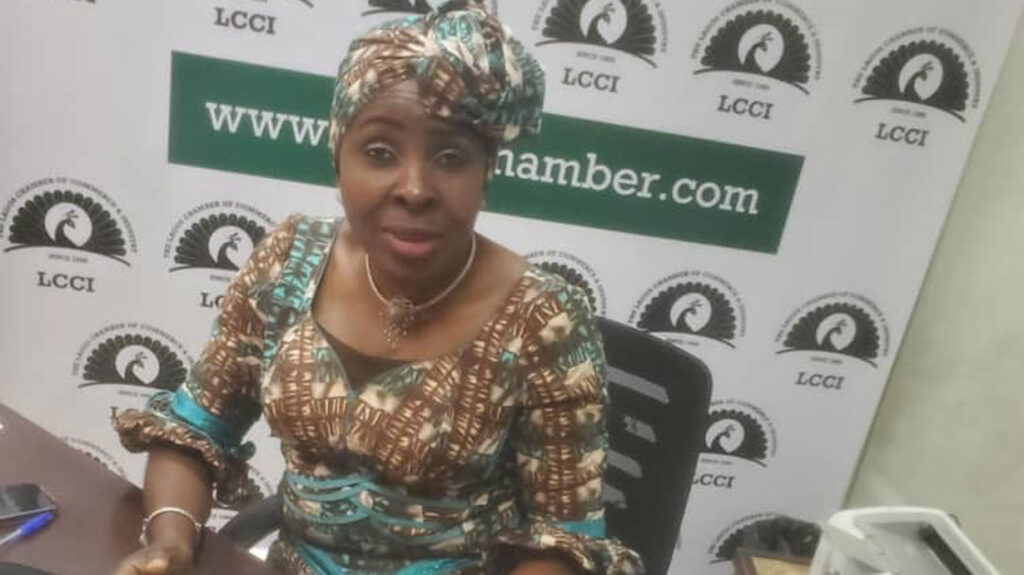
The Civil Society Legislative Advocacy Centre (CISLAC) said that the substantial leakage of revenue has underscored the urgency of addressing tax expenditure and debt management issues with utmost priority.
The group said compounding Nigeria’s fiscal woes are significant revenue losses attributed to tax expenditures, encompassing incentives, exemptions, credits and waivers.
Giving instances of the 2021 Tax Expenditure Statement (TES) revenue, accounting for approximately four per cent of gross domestic product (GDP) and equating to about N6.8 trillion, the group said was foregone due to tax expenditures.
Executive Director, CISLAC, Auwal Musa, said this during a media presentation of research on tax expenditure and debt management, with support from Christian Aid United Kingdom (U.K.), Nigeria.
Musa, who expressed concern over the country’s severe fiscal crisis marked by a consistent decline in federal government revenue over the past half-decade, said central to this was the government’s over-reliance on unsustainable debts which is perpetuated by unrealistic/over-bloated budgets, weak revenue mobilisation efforts, misplaced spending priorities and a lack of transparency and accountability in public finance management.
He said the alarming trend is evidenced by substantial shortfalls in revenue, with deficits ranging from 31 per cent to as high as 50 per cent in the years spanning 2018 to 2023.
Concurrently, he noted that Nigeria’s overall debt burden has skyrocketed, reaching a staggering N97.34 trillion in the fourth quarter of 2023 from N87.9 trillion ($114.3 billion) as of June 2023.
The CISLAC chief said while Nigeria’s debt profile continues to grow, allocating most of its budget revenue to debt servicing at the expense of investing in more critical social sectors and infrastructural development, there has been a wide consensus around the reasonability/sincerity of purpose behind external borrowing and the increasing role of private creditors in Nigeria’s debt crisis and its human costs.
Musa also said the consensus was around the increasing role of private creditors in Nigeria’s debt crisis and its human costs as well as the lack of accountability mechanism in utilisation of loans on the purpose for which they were granted or taken.
In response to the multifaceted challenges, he said CISLAC and the Tax Justice and Governance Platform with support from Christian Aid Nigeria through an ongoing Debt Justice campaign, have undertaken several sensitisation engagements with civil society and media as well as policy engagements with relevant state actors, most of which have been informed by their research on tax expenditures and its implications on debt management and sustainability in Nigeria.
He said governments at all levels needed to acknowledge the critical importance of formulating, implementing and monitoring fiscal policies that are technically sound, widely acceptable and administratively feasible.
He stressed that with a focus on tax expenditures, debt management, revenue mobilisation reforms and the prioritisation of spending, the government should be committed to enacting measures that promote fiscal transparency, accountability and sustainability.
He added that by harnessing the collective expertise and insights of all relevant stakeholders, the groups are confident that the country would navigate the complexities of Nigeria’s fiscal landscape and chart a course toward sustainable economic growth and development with transparency, accountability, and fiscal prudence as guiding principles.
Presenting the report, a Researcher, Isaac Botti of Social Action, Nigeria, said the National Assembly should review the existing legal and institutional frameworks relevant to debt management with the view to closing existing loopholes and strengthening transparency and enforcement.
According to him, the Fiscal Responsibility Commission (FRC) should be given the power to sanction.
He said there was also a need for the development of focused Tax Expenditure (TE) policy and all-encompassing TE legal frameworks as well as guidelines for granting tax incentives in Nigeria.
According to him, this will help minimise the discretionary approval of tax incentives that deprived the country of a significant amount of revenue that would have contributed to reducing the yearly fiscal deficits.
He stressed that tax incentives administrators should as a matter of policy publish the cost-benefit analysis of their tax expenditure.
This, he said, was to enable citizens to track the benefit accruing from granting of such incentives.
“Public Debt Management operation is expected to be audited every three years, in line with best practices as recommended by the World Bank under Debt Management Performance Assessment (DeMPA).
“The Nigerian government and its decision-makers should reduce its reliance on borrowings from the international capital market and commercial loans. There is a need to adhere to the provision of the law more strictly on maintaining concessional loans.













